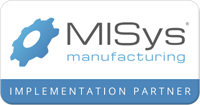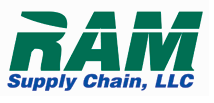Transportation & Logistics
 Transportation Management: Three Pillars of Success
Transportation Management: Three Pillars of Success
Our philosophy revolves around the “Three Pillars” for successful, scalable and efficient transportation management. These include: Carrier Management, Operations Execution as well as Settlement & Reporting. All companies execute these three pillars either by decision or default. From the company’s VP of Supply Chain to the dock supervisor, everyone involved in any sort of transportation works through a series of decisions related to these pillars in order to execute every movement.
The more effective companies manage these Three Pillars and use them as the basis to effectively fulfill their transportation needs. They have people, processes, contracts and supporting technologies specifically targeting these Pillars. The results are evident through: High service levels, available capacity, reasonable pricing, appropriate legal protection, reduced headcount, quicker execution, better partnerships and a stronger, more flexible supply chain.
Less effective companies focus on moving items off the dock or out of the warehouse reactively. They manage their carriers at the shipment level, sometimes on the carrier’s contract and at times even at or near “street rates” and terms. They have no significant access to data and reporting and as such, only see TM as a cost rather than a supply chain differentiator with no proactive thought. It is not unusual for them to develop vendor contracts where the transportation is simply rolled up in the cost of goods purchased, thereby negating any opportunity to manage their supply chain.
Our goal is to bring specific targeted value to our customers. Our assessments reinforce the things that our clients are doing well. Our projects target specific opportunities to increase efficiency, legal protection and controls while reducing cost, waste and capacity issues. Sometimes this requires restructuring reporting relationships, developing or acquiring specific skill sets, documenting or adjusting processes and/or wrapping technology around the current state, resulting in quantifiable improvement.
We are not theorists, though we have all studied theory through the years. We are operators with years of successful leadership and experience in our field of study. After delivering solid supply chain execution for our employers, we now are looking to do this independently with a wider range of client partners.

